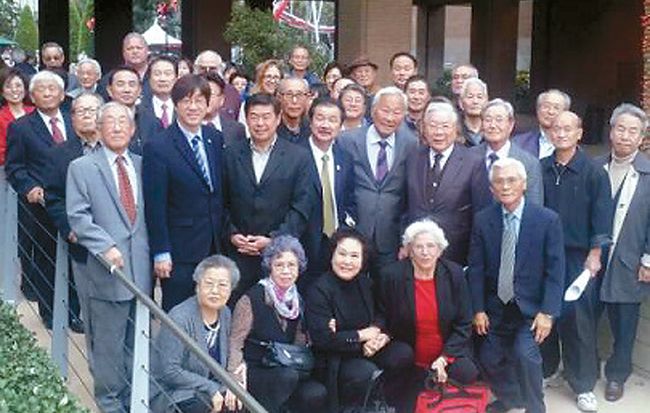
Pachappa Camp has been named as a Riverside’s historic Korea Town.
The Riverside City Council on Tuesday, Dec. 6., voted 5-0 to make the camp the city’s first point of cultural interest, a new designation for significant places where no historic buildings remain. Also the Council will conduct a signboard hanging board ceremony on March 23rd, 2017 to commemorate the historic day, March 23rd, 1904, when Dosan moved to Riverside.
At the meeting, Dosan Memorial Foundation Chairperson Dr. Mike Myung Ki Hong, Dosan’s youngest son Ralph Ahn, and Ethnic Studies Professor Ed Chang of Young Oak Kim Center at UC Riverside explained about the importance of Pachappa camp’s historic recognition.
The city’s Historic Preservation Officer Erin Gettis said city officials spent six months doing additional research to prove the camp’s legitimacy as the nation’s first Korea Town, and they presented the documents and video of births, deaths and social activities records in Pachappa Camp.
“I am really proud and feel a sense of responsibility about this achievement that the City Council approved Pachappa Camp as the first Korea settlement in the U.S,” said Dosan Memorial Foundation Chairman Dr. Mike Myung Ki Hong, at the meeting. “Also I appreciate the Korean communities who supported the claim. Pachappa Camp is the place where Dosan’s spirit had started, so I am convinced that it will be an inspirational site for Korean communities in the U.S. and even in other countries.”
Pachappa Camp was the Korean settlement where Dosan and his wife, Helen Lee, moved from San Francisco in 1904. Pachappa Camp was originally housed by Chinese immigrants who built the Santa Fe Railroad in the 1880s. Dosan established a Korean labor bureau and 17 residential facilities, residing with 70 Korean immigrants who worked at the citrus groves. It was also called as “Dosan Republic,” officially recorded as the Korean Settlement until 1937 on the New York Sanborn Map company’s insurance map, which was published in 1908.
Original article by The Korea Daily Los Angeles
Translated by Narae Lee




